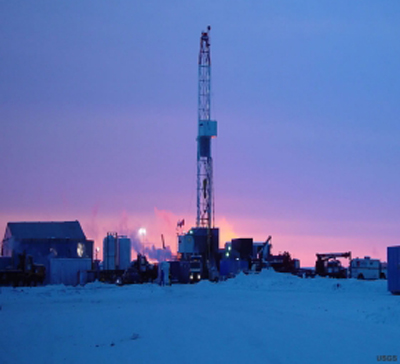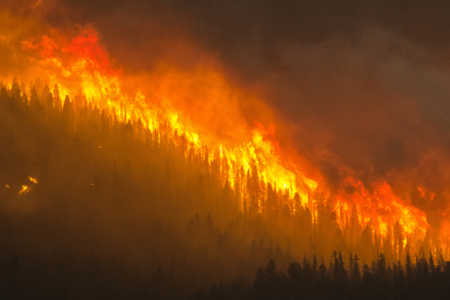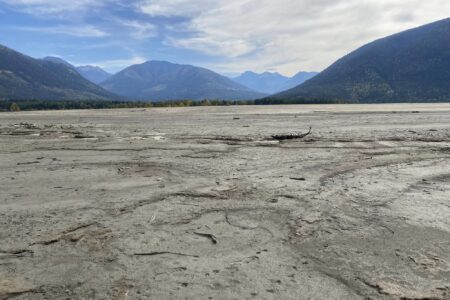The next battle ground for oil: the rich Arctic region
By Andy Soos, ENN
The potential for mineral, oil and gas deposits in the Arctic Ocean is not clearly known, but that doesn’t stop the countries that border the area from fighting over it.
Russia, Canada, Denmark, and Norway are heating up discussions as ice melting in northern areas reveals more and more, allowing readier access.
Those reserves have been known about for centuries, yet a combination of new extraction technology and rising demand means that the human race is ready to fight for them while raising the threat of devastating pollution to a uniquely clean environment.
The melting arctic is a sign of global warming but the net result may be more exploitation and environmental change.
No country owns the geographic North Pole or the region of the Arctic Ocean surrounding it. The surrounding Arctic states that border the Arctic Ocean — Russia, Norway, the United States, Canada and Denmark (via Greenland) — are limited to a 200 nautical miles economic zone around their coasts.
The U.S. Geological Survey (USGS) completed in 2008 an assessment of undiscovered conventional oil and gas resources in all areas north of the Arctic Circle.
Using a geology-based probabilistic methodology, the USGS estimated the occurrence of undiscovered oil and gas in 33 geologic provinces thought to be prospective for petroleum.
The sum of the mean estimates for each province indicates that 90 billion barrels of oil, 1,669 trillion cubic feet of natural gas, and 44 billion barrels of natural gas liquids may remain to be found in the Arctic, of which approximately 84 per cent is expected to occur in offshore areas.
Canada is investing $100 million over five years (2008-2013) in its new Geo-mapping for Energy and Minerals (GEM) program to provide the geoscience knowledge necessary for private sector exploration companies to guide investment decision, as well as for government to inform land-use decisions such as the creation of parks and other protected areas.
People will and can fight. Recent examples include Norway’s foreign minister being quoted as saying regular military flights by the Russians up and down Norway’s coast had helped to justify the purchase of four new F-35 Joint Strike Fighter combat aircraft to the Norwegian public.
Meanwhile, the head of the Russian navy is quoted as saying “one cannot exclude that in the future there will be a redistribution of power, up to armed intervention.”
A release of oil is expensive to clean up as well as difficult as shown in the Deepwater release and the Exxon Valdez incident. Those responses are still being debated as to their effectiveness. Going deep into the Arctic and the response will be even more difficult and debatable.
- For further information: http://www.theecologist.org/News/news_analysis/927048/scramble_for_arctic_oil_and_gas_puts_pristine_ecosystem_at_risk.html or http://geology.com/usgs/arctic-oil-and-gas-report.shtml


























Comments